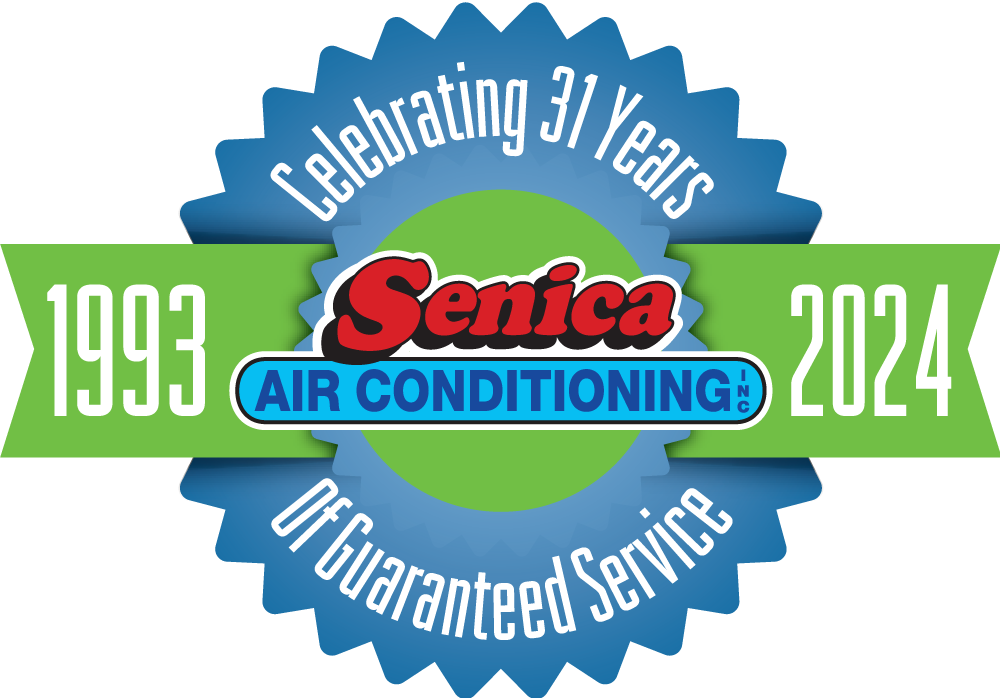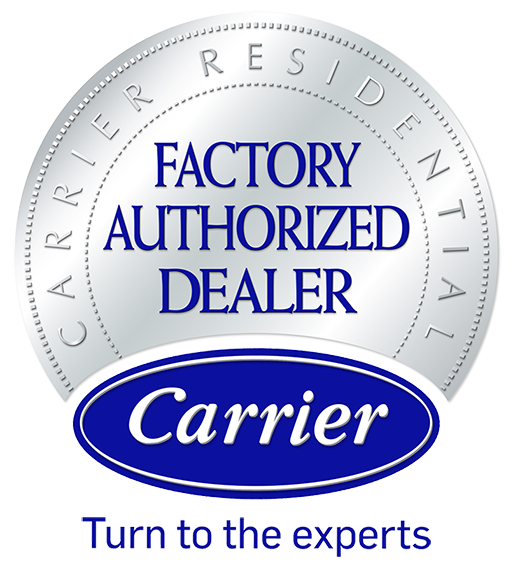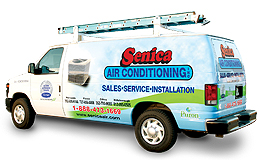 The single easiest and most cost-effective way to increase indoor air quality is to change the dirty air filter in your HVAC system. Healthy air quality – not to mention comfort and lower operating costs – are directly dependent upon adequate system airflow. The component that most directly impacts airflow is the air filter. A typical residential air conditioner needs to push about 1,400 cubic feet of air per minute through the filter. As the filter removes airborne particulates, airflow is gradually reduced below specifications. Changing a dirty air filter monthly helps avoid these risks to healthy indoor air quality:
The single easiest and most cost-effective way to increase indoor air quality is to change the dirty air filter in your HVAC system. Healthy air quality – not to mention comfort and lower operating costs – are directly dependent upon adequate system airflow. The component that most directly impacts airflow is the air filter. A typical residential air conditioner needs to push about 1,400 cubic feet of air per minute through the filter. As the filter removes airborne particulates, airflow is gradually reduced below specifications. Changing a dirty air filter monthly helps avoid these risks to healthy indoor air quality:
- As the amount of air passing through the filter is reduced, filtration efficiency is also impaired. A filter with a high initial MERV (Minimum Efficiency Reporting Value) rating may no longer remove particulate sizes down to its rated efficiency. This allows smaller particles including pollen, mold spores and other microorganisms to accumulate in indoor air.
- A dirty air filter reduces airflow throughout the house. Neutral air balance is a critical part of HVAC effectiveness and efficiency, and also affects indoor air quality. When the volume of air conveyed to rooms declines below specifications, the house becomes depressurized. This pressure differential sucks unfiltered outdoor air into the home through tiny structural cracks and gaps. Dust, dirt and allergens infiltrate freely and air quality may decline.
- Interior depressurization due to an obstructed air filter also draws air into return ducts through leaks that are common in residential ductwork. This air typically originates from unconditioned zones like the attic or crawl space, and may be contaminated with mold spores, bacteria and other pollutants that taint air in living spaces.
- A functional air filter may trap microorganisms including mold and bacteria. However, when the air filter is not regularly changed, the infected filter media itself may serve as a breeding ground for trapped pathogens. As these microorganisms multiply, they release toxic spores directly into the downstream airflow, contaminating indoor air quality.
For directions on changing the dirty air filter in your Tampa area home, ask the professionals at Senica Air Conditioning, Inc..
Image Provided by Shutterstock.com



